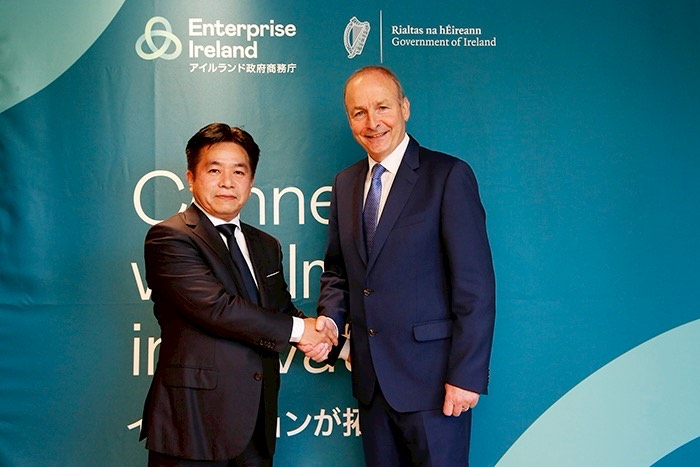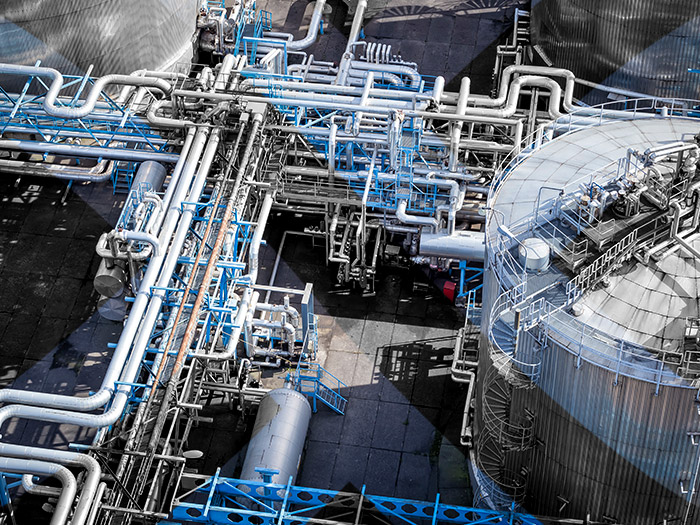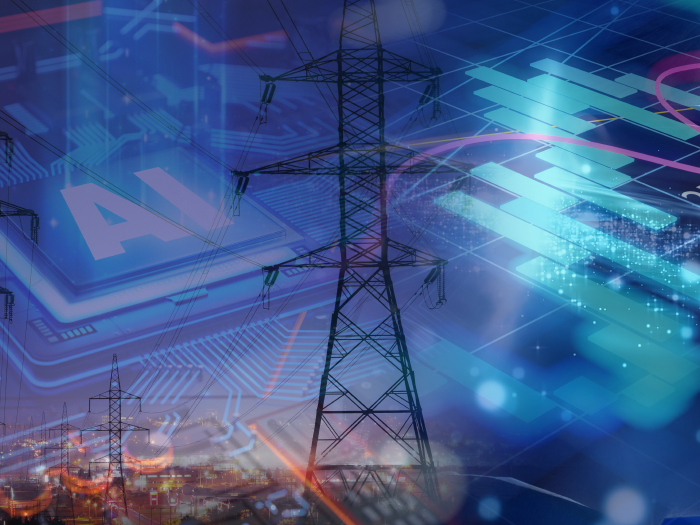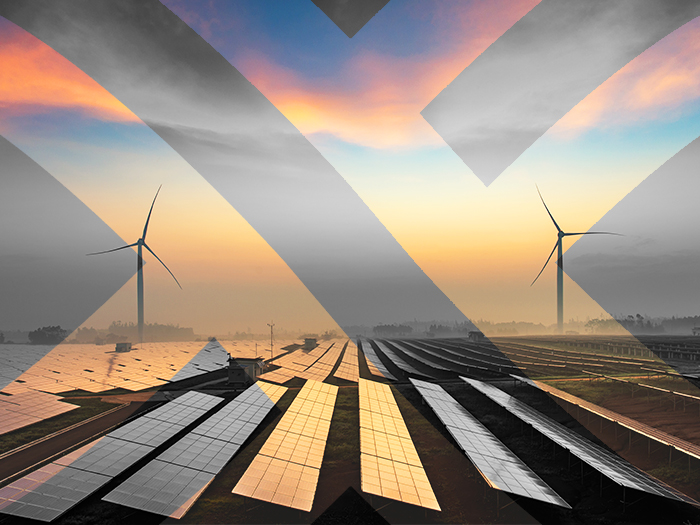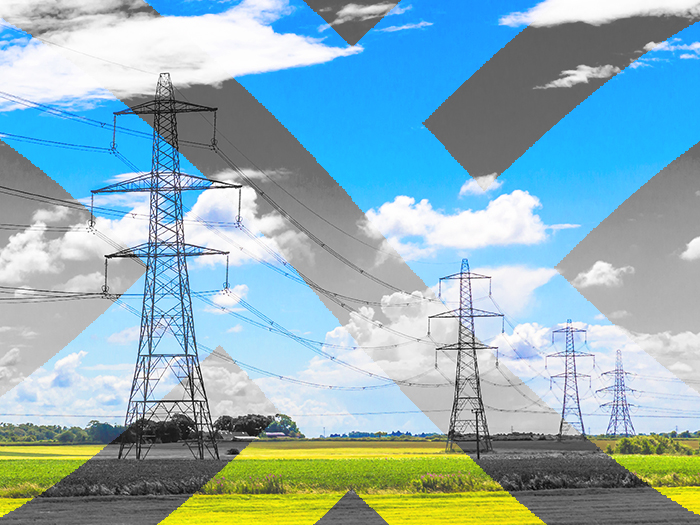News
better business decisions
Posted 5 years ago | 2 minute read

Sustainability Series (3): Decarbonisation through education & digitalisation
As COP25, the 25th annual Conference of Parties in the United Nations Framework Convention on Climate Change, is progressing in Madrid, we are looking at the most recent scientific data, trends in environmental policy-making, and the role of large businesses in carbon-free economy.
Part 3: Decarbonisation through education and digitalisation
Despite growing public awareness of the necessity for decarbonisation, for many it remains unclear what actions they could take to support the transition towards a more sustainable economy.
One week before COP25, Ipsos published findings from a survey of 25,000 people from 30 different countries across 5 continents. In the UK, less than 20% of the public questioned knew how they could contribute, both in their professional and personal lives, to the fight against climate change.
“Education is the critical starting point for advancing business decarbonisation and making our lifestyles more sustainable”, commented Mark Davis, Director UK & Ireland at GridBeyond.
“Through our work with large industrial and commercial energy users, we recognise that the complexity of the energy markets makes it hard for many businesses to predict the impact of the transition from fossil fuels towards renewables on their operations.”
By 2025, the UK Government is committed to closing all coal-fired power stations, and National Grid aims to operate a carbon free energy system. Full decarbonisation of the economy starts with eliminating fossil fuels from the energy networks. This can only be achieved when the grid digitalises to the point it can manage greater levels of renewable and decentralised generation, and unlock greater flexibility to balance demand and supply.
“The role of large I&C organisations in the carbon-free economy is to become active and flexible participants in the energy markets. Renewable on-site generation, behind the meter batteries, flexible consumption, energy trading – those are only a few areas that businesses should be looking at to increase their resilience and generate additional value through participation in grid balancing services”, commented Mark Davis.
Sustainibility Series:
Part 1: COP25 and Science: Catalyst for Change
Part 2: Climate Change & Big Business

